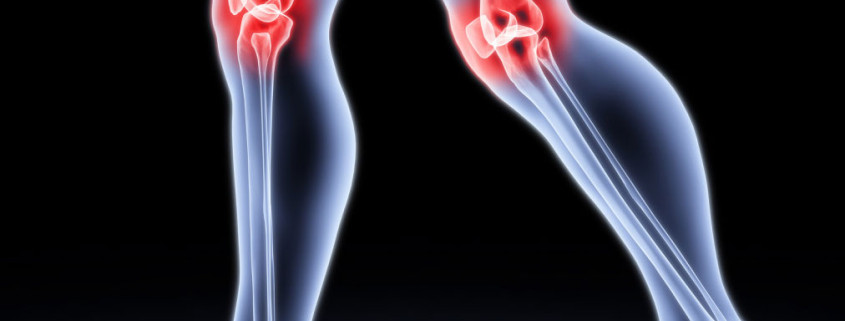Double Knee Replacements Are on the Rise
This week’s Wall Street Journal reports that bilateral knee surgeries are on the rise. Laura Landro reported, “The rate of knee replacements in the U.S. has almost doubled from 2000-2010, according to the Centers for Disease Control and Prevention, and now exceeds 700,000 procedures a year.”
Landro cited, “A 2013 study in the Journal of Bone and Joint Surgery estimated the cost of bilateral surgery at $43,401 compared with $72,233 for two separate surgeries staged over time. They study concluded that bi-lateral surgery is more cost-effective with better outcomes for the average patient than staged procedures for two knees.”
As health care costs rise, there will undoubtedly be a need to decrease costs, and it’s obvious that bilateral replacement saves a significant amount.
But, as with any surgery, there are situations where this surgery is not advised. Some hospitals won’t do the surgery for people who have “any type of heart disease, diabetes, high blood pressure, and those over the age of 80.”
For those in the risk category above, Hanna Somatics may be worth a try. Muscle tension is the leading causes of pain in the human body. What might seem like joint pain, may also be tight muscles that are essentially compressing and grinding the joint, such as overly tight quadriceps and hamstrings. If they’re fighting a “tug-of-war” battle in the legs the knee joint can become compromised. Hanna Somatics is an education process where you learn what muscles are overly tight and causing problems and you learn how to release that tension for yourself.
Often, I see that clients who are suffering from knee pain also have tightness in their back, belly and/or hips. Over time that tension can travel down to the knees and eventually to the feet. Obviously, a sudden injury where the knee is directly impacted can cause bone/joint injury that may require surgery. But, not all knee pain is necessarily caused by a bad joint, per say. It could be that the quads/hamstrings are being pulled from tight muscles higher in the body and they hold the knee joint in an uncomfortable position that can be extremely uncomfortable when moving/walking.
Even if you are scheduled for knee replacement surgery, Hanna Somatics is advised before/after surgery so that the muscles that are reattached to the new joint are well balanced at the knee. Wouldn’t it be nice to get rid of that “tug-of-war,” happening in your body and replace it with a nice, smooth gait?




